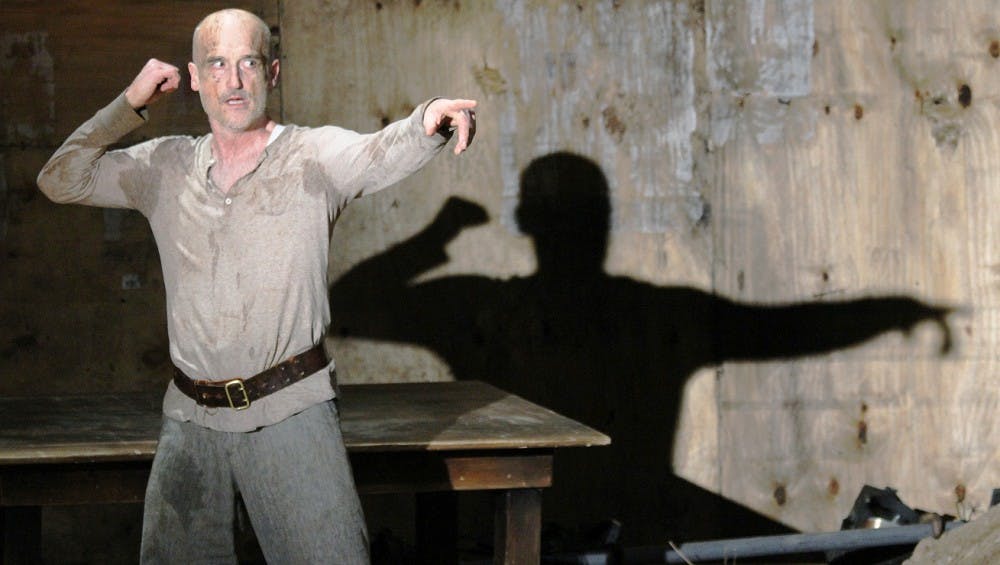PlayMakers Repertory Company kicks off its sixth season of the PRC2 series today with the opening of “An Iliad,” a solo show featuring Ray Dooley.
Assistant arts editor Carson Blackwelder spoke with Dooley about the challenges of solo shows, his role and how “An Iliad” fits into PlayMakers’ season.
Daily Tar Heel: Is this your first solo show?
Ray Dooley: In December of 1998, PlayMakers presented a one-man version of “A Christmas Carol,” which I did. That was my first, and this is my second solo show in full production.
DTH: What do you think are the big differences between solo shows versus shows with a cast?
RD: The main difference is that your acting partner is the audience. As the sole actor, it’s important to know why the character is there, what the relationship is with the audience and what change the character wants to make in the audience.
DTH: What is the process like preparing for a solo show?
RD: It’s important to be as prepared as possible. The audience is the missing — and final — piece. So you want to be as prepared as possible so that when you add in each night that final piece, it allows for a certain flexibility or spontaneity.
You can take in what you are getting back from the audience and have confidence that the nuts and bolts of the performance will be there.
DTH: What’s the feeling like on stage during a solo show?




